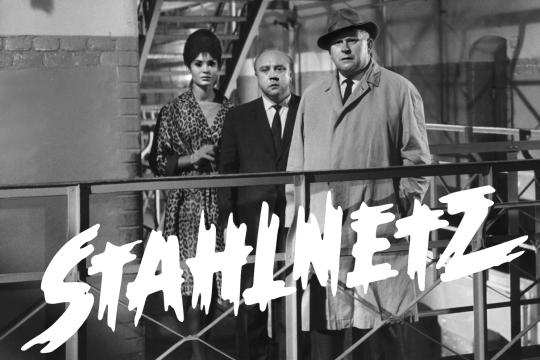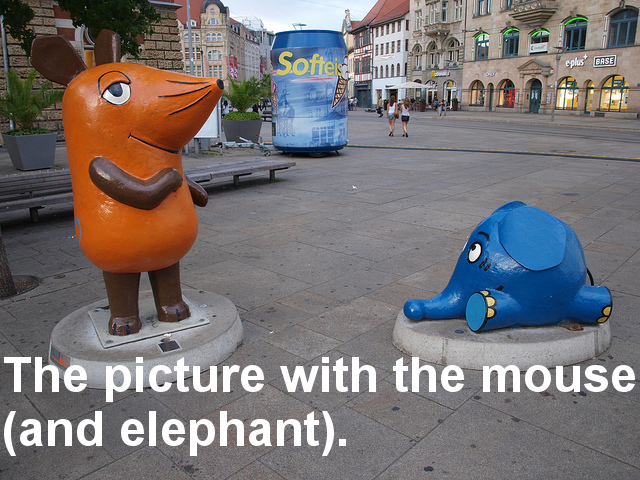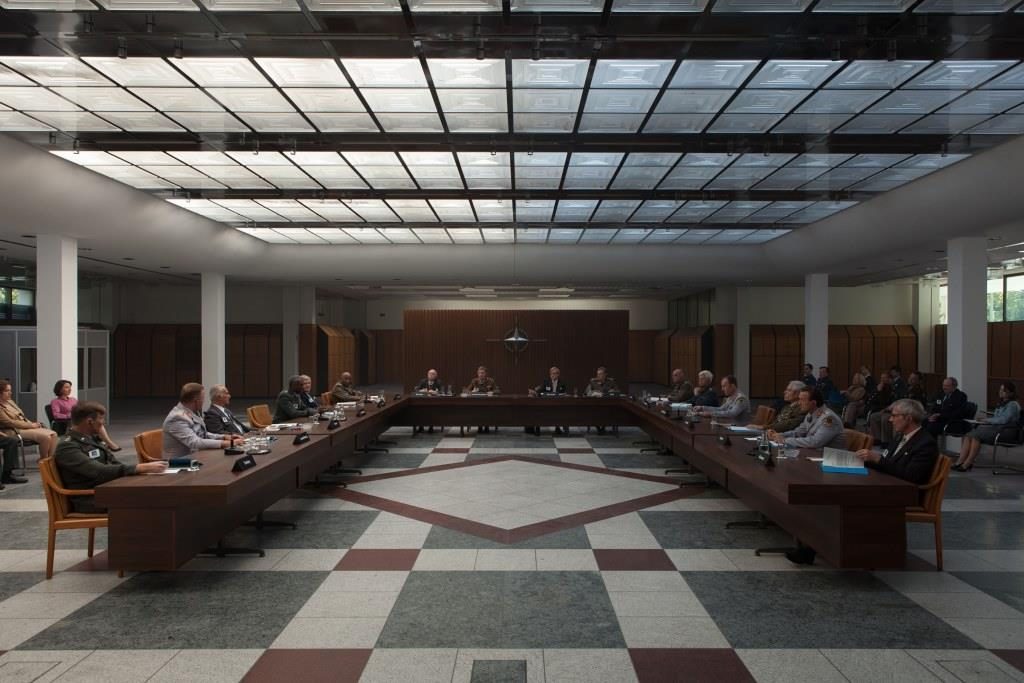There comes a point in the timeline of every ex-pat in Germany when they discover the TV crime series Tatort (crime scene) and think they’ve discovered a window into the Teutonic soul – some friends even do an English-language version.
For me, it was because television is culture in the U.S. and I made the false assumption that it is in Germany as well. But I’ve since realized that I hadn’t so much discovered a window into the German soul as a long lost cousin; The child of Aunt Doris who fell in love with a German philosophy student while doing her Fullbright at Cambridge and then moved to Bergisch Gladbach and got married.
You guys, Tatort has American roots.
Bear with me.

Back when I first moved to Germany, there wasn’t even streaming video let alone Youtube and Netflix. Apps? What? So what you did in those dark days during moments of boredom was watch whatever was on TV.
Can you imagine? And not much was on TV because Germany thought it had cable TV but it didn’t really. We’re talking like 10 channels, maybe 12, one of which was NBC Europe, which was just Dateline re-runs.
One evening I stumbled into this goofy, black-and-white crime drama based in Hamburg. The caper itself seemed as oddly familiar as did the setup: Dry voiceovers alongside about 22 minutes of show. It was so familiar, I felt like that time I ran into my professor at a Bruce Springsteen concert — I couldn’t figure out where I knew that man from, or why I was at a Bruce Springsteen concert.
When the TV show ended I watched the credits and the title of the series and thought, “Stahlnetz (steel net)? I’ve never watched Stahlnetz.” A beat later I realized I’d just watched the German version of Dragnet, a childhood fave (back when the U.S. didn’t even have cable TV). They’d just translated the scripts.
The next time I caught it I discovered it even used the same theme music but lacked the subtle dry humor of lead character Joe Friday. Stahlnetz was huge in Germany, kind of like how Dragnet was in the U.S., and ran from 1958 to 1968 (and again briefly in the ‘90s) and it spawned additional crime shows.
When the series ended, regional public broadcaster WDR wanted a replacement and Tatort father Gunther Witte came up with the genius idea of basing each episode in a different German city – and allowing the regional broadcaster in that city to produce the episode. Tatort’s been on the air since 1970.
The constantly changing locations gives the series a varied texture and anthology feel but, more importantly, spreads out production costs.
The creative head behind Stahlnetz, Jürgen Roland, actually directed a number of Tatorts but died in 2007 — Tatort’s Witte is still around.
Tatort might not be the porthole to the German psyche I once believed it to be but I’ve since found a glimpse of the inner workings of my Teutonic friends (and family): Wetten, Dass …. (I bet …)
Perhaps in a sign of the complexity of the German soul, I’ve never been able to comprehend the show. And if it has American roots, I don’t want to know about them.
2 Comments
